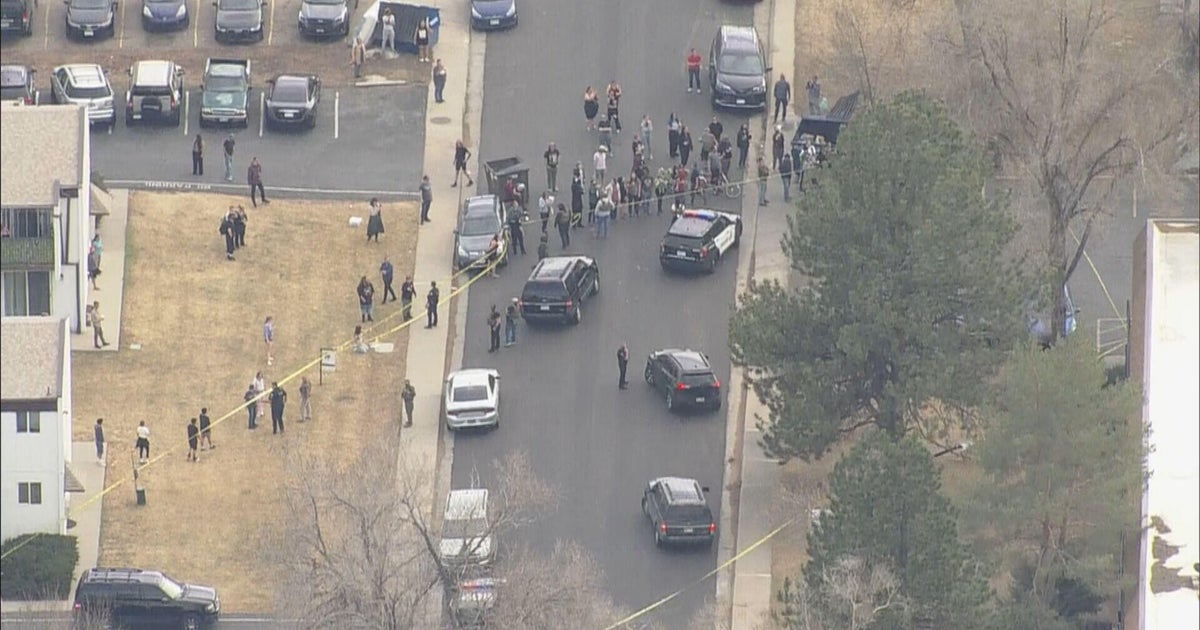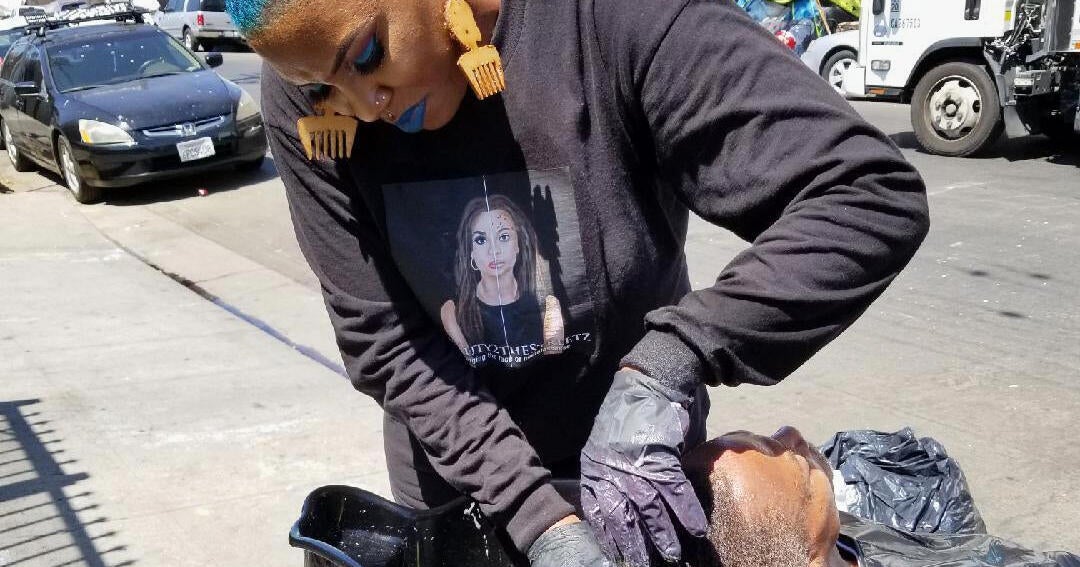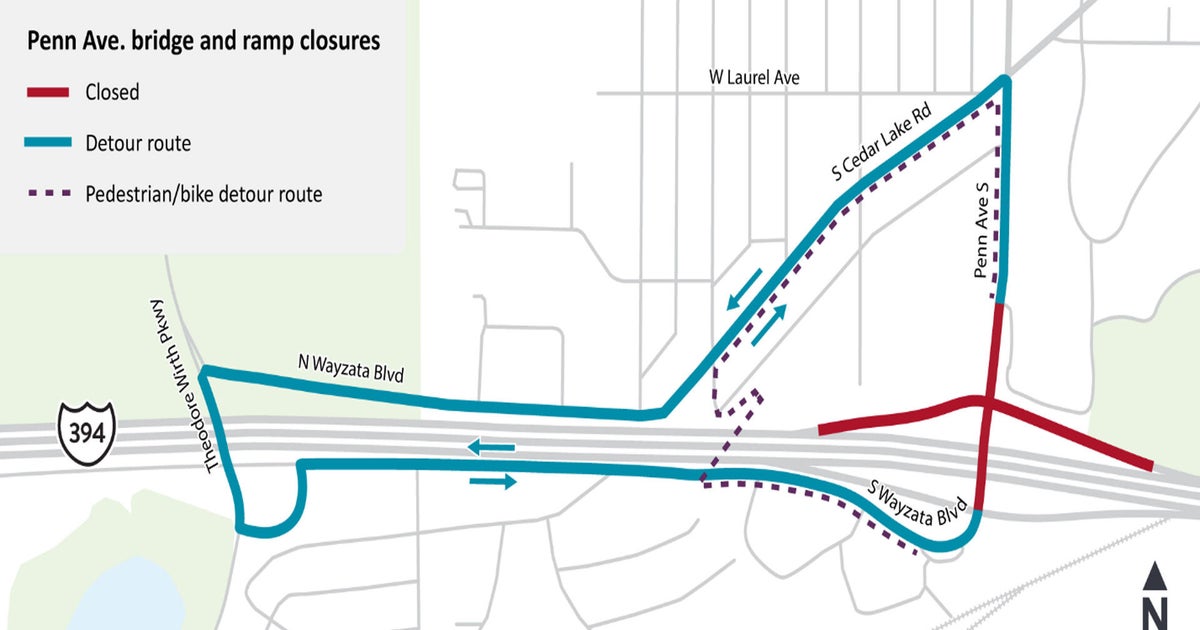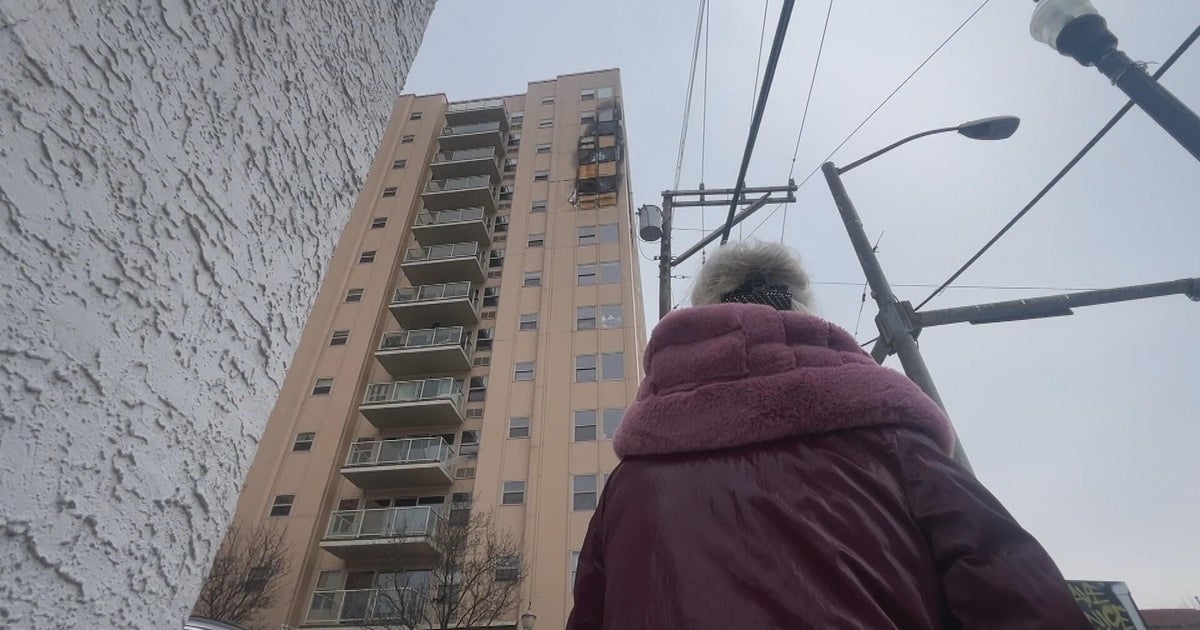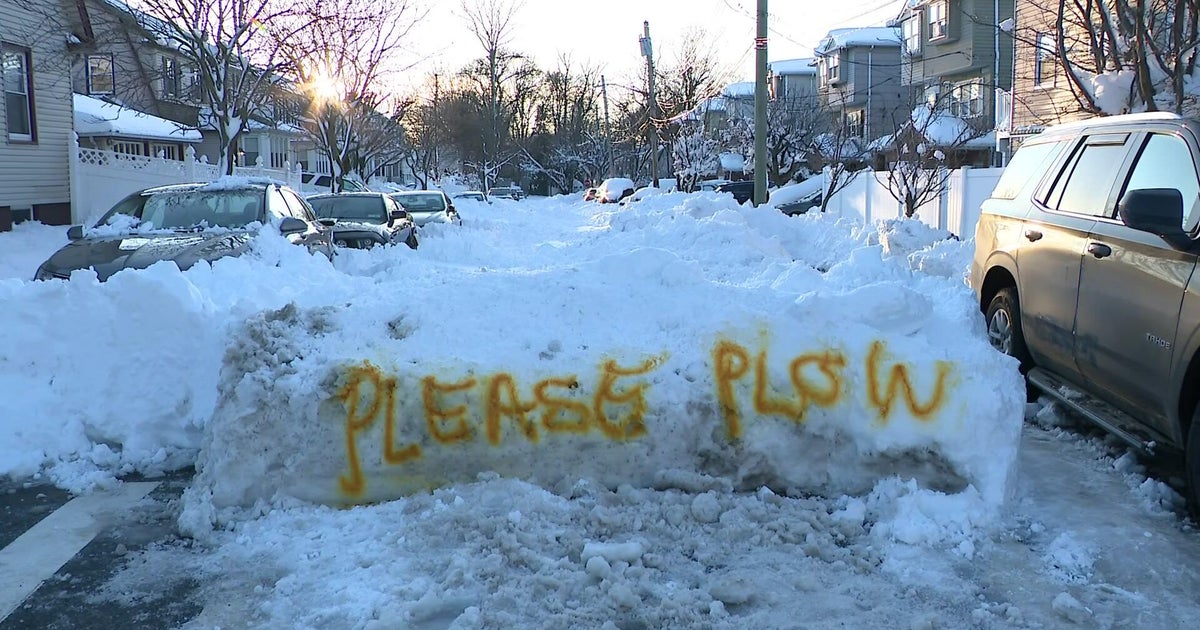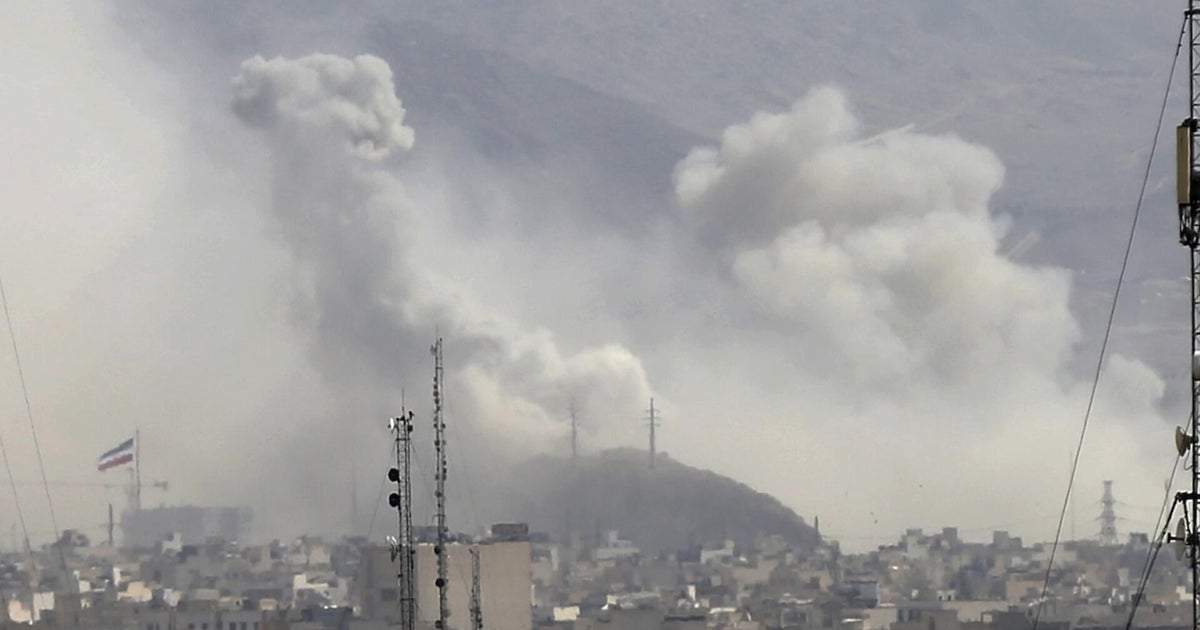Some alarmed, some encouraged by removal of Chicago homeless encampments ahead of DNC
CHICAGO (CBS) -- On Monday night next week, President Joe Biden will close the first night of the Democratic National Convention in Chicago.
A week earlier to the day, crews started building the security perimeters around the stadium—the inside of which will only be accessible by people with proper credentials.
Meanwhile in nearby areas, some neighbors have noticed some changes to other streets nearby—where homeless encampments have been set up.
The signs are everywhere around the city, letting people know the DNC is coming Aug. 19-22. Yet signs reading, "No tent zone, we call the police," are popping up too—and there are no signs of several homeless encampments that have sat for months, and in some cases years.
"It they're just moving people, then we have a real problem with that," said Doug Schenkelberg, executive director of the Chicago Coalition to End Homelessness.
The coalition works 24/7 to address homelessness in Chicago. He is also aware the city recently moved tents and groups of unhoused people—like from a location along Desplaines Street near Roosevelt Road and the Dan Ryan Expressway.
"What we're concerned about, particularly with that spot, is to close down that space permanently—put up fencing to say that people can't come back," Schenkelberg said. "Unless we have permanent housing for everyone that's experiencing homelessness, we can't start shutting down public spaces."
The coalition wants to make sure the removal of the people is for long-term housing—not just optics for the DNC.
"Are we concerned about them the next day?" Schenkelberg said. "You know, and we've been told by the city, and have reason to believe, that they are working on long-term solutions."
Julie Darling is president of the West Loop Community Organization. She said control of large homeless encampments is necessary.
"I truly believe the system in Chicago is broken," she said. "This is nothing new."
For more than a year, Darling's group fought to get an encampment removed at Lake and Clinton streets. Today, those people are gone—and "no tents" signs are up.
"I think the biggest concern for citizens across the city—whether it's West Loop, South Side, or West Side—is when the encampments pop up and they get out of control," Darling said. "That's when the bad things happen—then safety is an issue."
Darling applauds the city's efforts—even if it is just during the DNC—because fewer people are on the streets. But advocates for the unhoused say the question remains as to where the money to clear the encampments came from all of a sudden.
"It is true oftentimes when moments like this hit, money is found," Schenkelberg said.
The City of Chicago said Tuesday that this characterization is not true. The city said the funding to address street homelessness is not new—and involves the same funding that the Department of Family and Support Services has used since 2020 to connect those experiencing street homelessness with long-term housing.
The city also took issue with Schnekelberg's suggestion that unhoused people might be evicted from an area permanently. The city quoted a Chicago Office of Inspector General report saying: "DFSS does not permanently displace encampment residents from public spaces. The City makes reasonable efforts to protect encampment residents' portable personal possessions by following the City's Policy and Procedures Governing Off-Street Cleaning."
The city also issued this statement:
"The Department of Family and Support Services (DFSS) continues to implement the Encampment Initiative, a trauma-informed approach of engagement and outreach to connect unhoused residents at encampment sites with shelter, housing, and other supportive services. DFSS believes a housing-first approach is the most effective way to tackle homelessness. This is a data-driven approach that has been proven to work. Through our housing-first strategy, DFSS has helped 2,800 households relocate to their own homes since December 2020. 898 of those residents were unsheltered individuals from encampment sites.
"A critical part of this approach is our Summer Encampment Initiative, which aims to find sustainable housing this summer for approximately 60 individuals at eleven encampment sites across the city. In total, 48 of the 59 Summer Encampment Initiative Participants who accepted shelter were connected to permanent housing. An additional housing event will be held this month. Of the 11 encampment sites we have supported this summer, only two have closed. The encampments were able to close because we connected people to housing. Putting people on a path to housing is the North Star of our work.
"These efforts are a result of DFSS and our delegate agencies' outreach efforts that assist residents with obtaining identification, signing up for public benefits, substance abuse evaluation for treatment, housing assessments and other supportive services. This outreach is an important part of our strategy to connect unhoused residents living in encampments to shelters and sustainable housing opportunities. Our priority is the health and safety of the individuals living in some of the larger encampments and placing individuals in housing that allows people to live in dignity."

